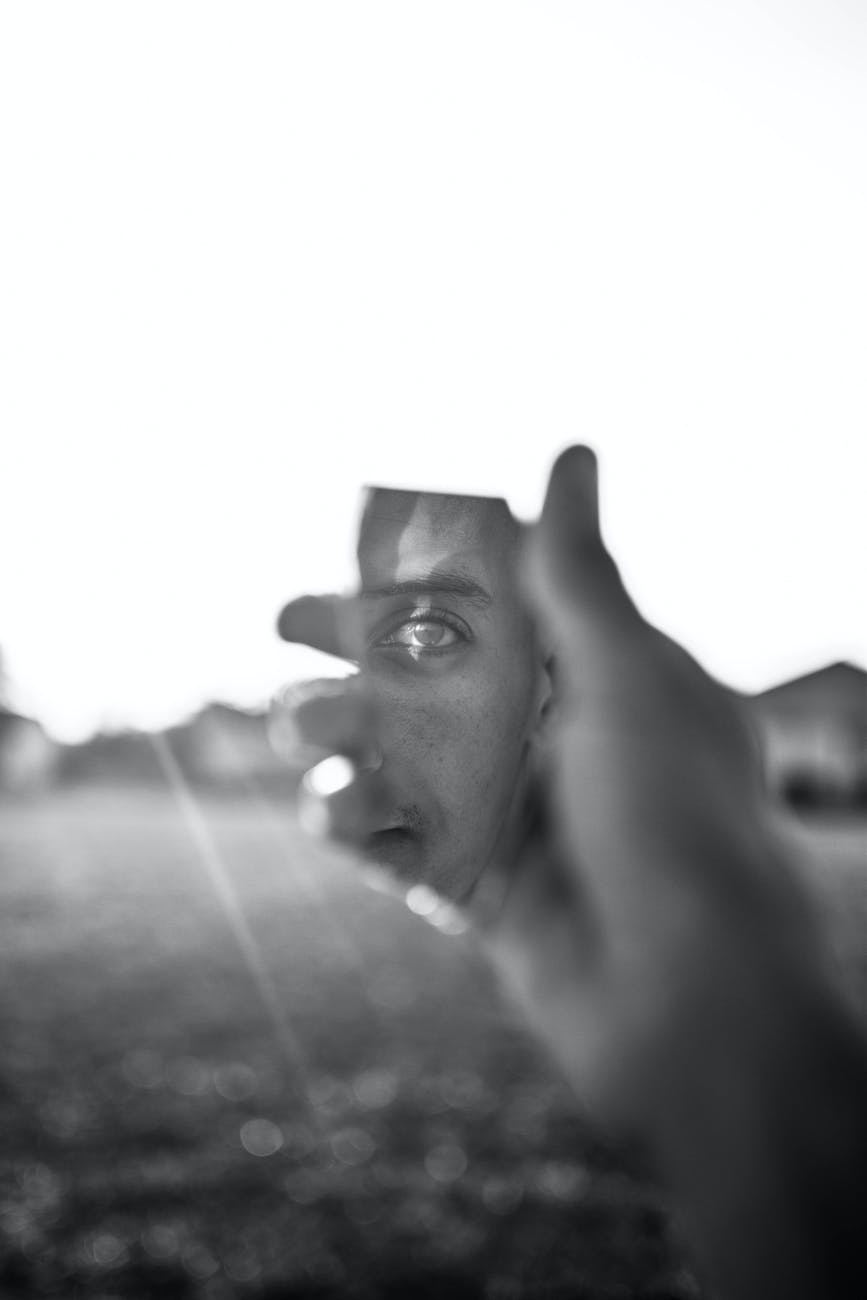
ILLUSIONS AND EMOTIONAL MAGIC TRICKS
“There are people who are worse off than I am.” This is one of the emotional magic tricks that some use to deal with suffering. It is a multifaceted but also dangerous trick, which performs several functions; on the one hand, it seems to put suffering in perspective, a kind of “get over it”, or a “stop wasting your time with it” perspective; on the other hand, it seems to serve as a palliative, a small dose of self-administered analgesic, as if seeking comfort in the discomfort of someone else who seems to be suffering even more would relieve the pain of suffering itself; another function seems to be the externalisation of what lies behind our suffering, as if paying attention to the suffering of others would mitigate one’s own suffering. But, as with all magic tricks, the secret that makes things magical is illusion (deception of the senses or thought). Therefore, the fact we feel that “there are people who are worse off than us” may be a mere optical illusion because the experience of pain and suffering is always individual and subjective and cannot be assessed on a comparative scale.
It is an illusion, too, because what matters is not comparing doses of suffering, but knowing if, although there may be people who are theoretically “worse off than me”, am I “truly at my best”? In the labyrinth of emotional suffering, everyone seeks a way out on their own terms; it is natural that the first reaction when faced with suffering is despair, the attempt to escape or the use of distractors or some type of analgesic; but after the first impact, the best thing is to have a concrete and coherent plan, not to rely too much on these “magic tricks” or to seek help in “optical illusions”; because there may even be people “who are hurting more”, but my pain “hurts within myself” and, indeed , “I want to feel relieved from this pain”.
My journey as a Psychotherapist has taught me that most people seek help precisely because they are suffering; it is natural that they want to know “why?”, “how does this go away?”, they wish “it goes by quickly”. These questions for me are like an invitation so that together we can start thinking about “how did I get here?”, “how can things be different?”, “why did I decide to seek help now?”, “where do I want to go?”, and “how willing am I to make changes?”. It is also normal for those who are suffering to see in Psychotherapy the magic trick, the analgesic that instantly enables one to solve all problems and alleviate all types of suffering; but Psychotherapy is first and foremost about “speaking and being truthful about one’s emotions”, what is wrong and hurts has to be named, recognised, accepted and transformed; psychotherapy is often invisible work, there are no quick fixes; therefore persistence is an essential quality. One of the most valuable things I have learned as a Psychotherapist is that emotions often find a way to camouflage themselves and deceive us, even leading us to believe that when “there are people who are worse off than we are”, this can somehow ease our pain and feeling that “I am not and do not feel as I have always wanted to”.
Rolando Andrade
Clinical Psychologist
Psychotherapy
Sports Psychologist
professional ID OPP 4365


Carla Aguiar
17 November, 2021 at 4:27Muito bom!
Rolando Andrade
12 December, 2021 at 18:47Obrigado Carla